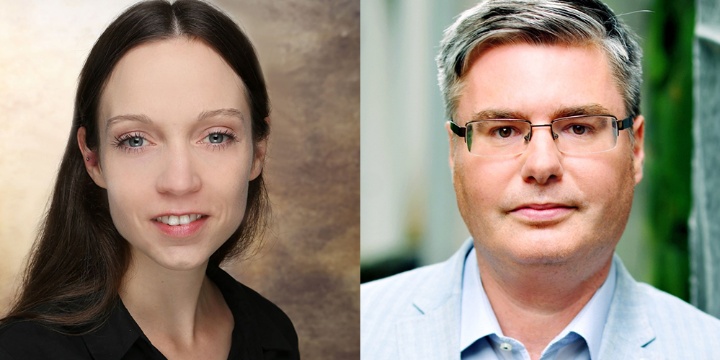Whether Artificial Intelligence or opera house: Deliberative citizen forums (mini publics), where ordinary people discuss political topics and projects, are on the upswing. The Organization for Economic Co-operation and Development (OECD) even speaks of a “global deliberative wave”. In Ireland, for example, randomly selected citizens discussed the introduction of same-sex marriage and the legalization of abortion. Relevant recommendations were taken up by the politicians and later confirmed by the electorate in nationwide referendums. In some groups, such as the climate action movement “Extinction Rebellion”, these successes created the desire to give much more power to deliberative citizen procedures or to institutionalize them.
However, such decision-making power for bodies that were not democratically legitimized also meets with criticism. The reason is that such citizen forums often comprise just 30 to 50 members, and if you don’t belong to the circle, you can never know whether your own values and interests will be effectively represented. This is all the more true when the participating citizens change their opinions in the course of the dialog.
Against this background and within the framework of the project “Perleg” of the German Research Foundation, Prof. André Bächtiger and Saskia Goldberg from the Institute for Social Sciences at the University of Stuttgart investigated how the citizens themselves see the role of deliberative citizen procedures. The researchers focused particularly on the very large majority of the population that doesn’t participate in such forums (and cannot participate in the random-selection procedures either). Would they consider it legitimate if their fellow citizens made decisions that are binding for them? To answer this question, Bächtiger and Goldberg developed a survey experiment in which more than 2,000 representatively selected German citizens were presented with scenarios of how deliberative citizen procedures must be designed in order to win the approval of non-participating citizens.
Binding decisions are not wanted
The results first show that, on average, German citizens reject decision-making power in the form of binding decisions made by citizen forums. In addition, the citizens want the forums to be closely linked to representative politics, and they prefer mixed forums with citizens and politicians. They would also like to see additional institutional arrangements, such as a high number of participants and recommendations made by a clear majority. On the other hand, citizens who are disappointed in current politics are more open toward binding decisions and a decoupling of the forums from representative politics. “Overall, the study suggests that deliberative citizen forums are not a panacea for the crisis of democracy,” conclude Saskia Goldberg and André Bächtiger. “If the forums had more decision-making power, they could make the crisis even worse.”
Practical recommendations
The study also includes a range of practical recommendations to the organizers of citizen forums: A forum should, for example, have significantly more than 100 participants. It is also very important that the participants of the event are randomly selected and not, for example, by means of an open invitation, as these often result in priority being given to already privileged social groups. Care should be taken to ensure that the questions about, for example, the number and selection of participants, do not allow for simple and general answers, but are always assessed against the background of the objective, the topic, and the degree to which the participants are affected.
About “Perleg”:
The project “Perleg” (What citizens expect from deliberative participation procedures: An online survey with a preference experiment to capture perceptual ideas of legitimacy) is funded by the German Research Foundation (DFG) in the period from January 2020 to July 2022 (project number 432370948). Further information
Publication:
Saskia Goldberg und André Bächtiger: Catching the “deliberative wave”? How (disaffected) citizens assess deliberative citizen forums. British Journal of Political Science, March 2022
| Contact | Prof. André Bächtiger, Saskia Goldberg, University of Stuttgart, Institute for Social Sciences, Department of Political Theory and Empirical Democracy Research, phone +49 711 685 81450, E-Mail André Bächtiger, E-Mail Saskia Goldberg |
|---|


